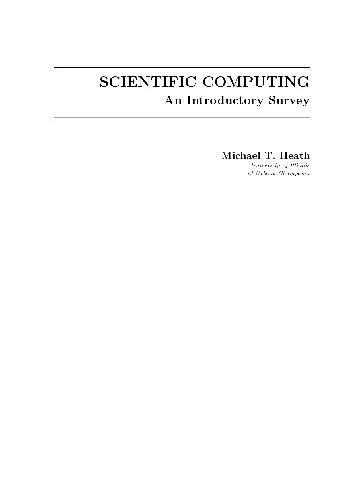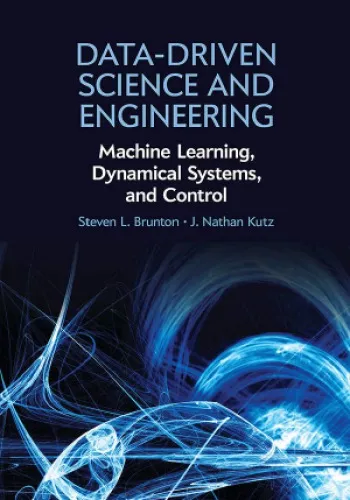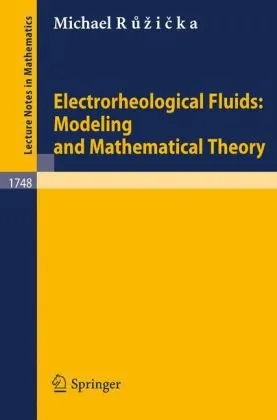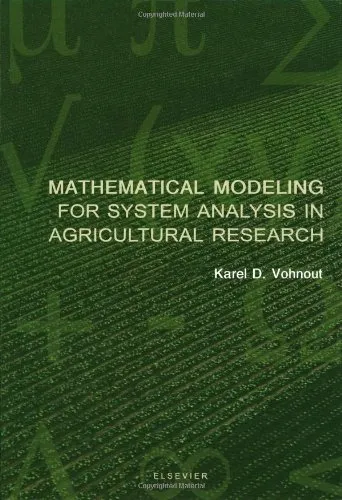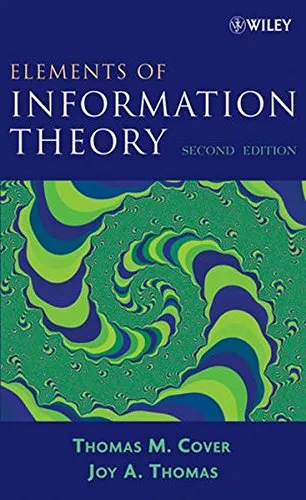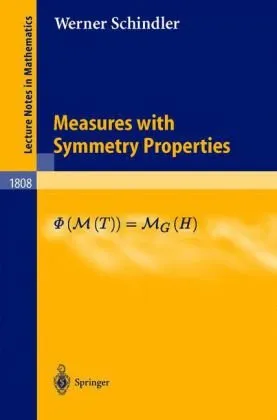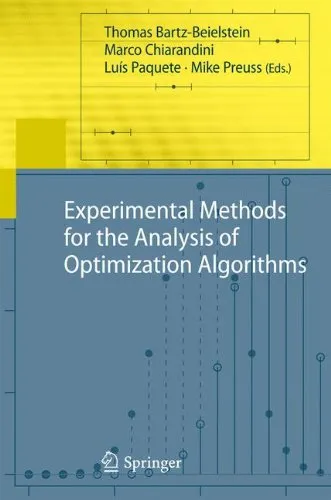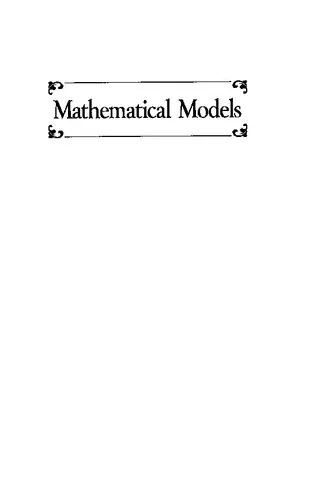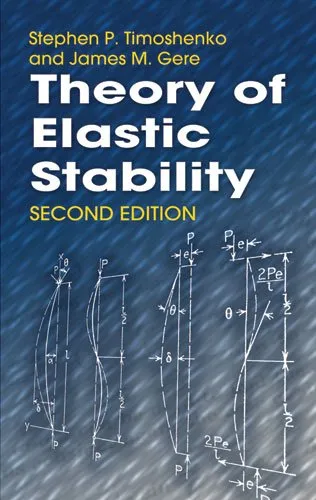Scientific Computing. An Introductory Survey
4.5
Reviews from our users

You Can Ask your questions from this book's AI after Login
Each download or ask from book AI costs 2 points. To earn more free points, please visit the Points Guide Page and complete some valuable actions.Related Refrences:
Welcome to a deep dive into the world of scientific computing, a field that sits at the crossroads of computer science, mathematics, and domain-specific sciences. "Scientific Computing. An Introductory Survey" is designed to enrich understandings of this expansive discipline, providing a robust framework for tackling real-world computational problems.
Detailed Summary of the Book
Scientific computing has always been a keystone in the advancement of technology and scientific understanding. This book serves as both a gateway for newcomers and a refresher for seasoned practitioners. It encompasses a variety of topics, beginning with an introduction to numerical methods, the backbone of scientific computing, covering the fundamental algorithms crucial to the field.
You'll explore an array of algorithms for solving linear systems, eigenvalue problems, and differential equations. The text delves into iterative methods and finite element analysis, ensuring readers develop intuition alongside technical knowledge. Each chapter builds upon basic principles, gradually introducing more complex subjects such as optimization and Monte Carlo methods, ultimately converging on data-driven scientific inquiry.
The book places a significant focus on practical application, encouraging the use of computational tools and programming languages prevalent in the industry. Through numerous examples and exercises, readers get ample opportunity to practice implementing algorithms, emphasizing both accuracy and efficiency.
By the conclusion, readers are not just familiar with the theory, but also adept at applying their knowledge to solve scientific problems effectively, equipping them with critical skills for careers in computational science, engineering, and beyond.
Key Takeaways
- Comprehensive coverage of fundamental and advanced numerical methods.
- Detailed examples demonstrating application to real-world scientific problems.
- Emphasis on both accuracy and computational efficiency.
- Introduction to the integration of scientific computing tools and software.
- Robust set of exercises designed to solidify understanding and enhance practical skills.
Famous Quotes from the Book
"The interplay between mathematical theory, computation, and the phenomena they describe is the essence of scientific computing."
"Through careful attention to computational efficiency and numerical stability, we bridge the gap from theoretical models to practical application."
Why This Book Matters
Scientific computing is more relevant than ever, interwoven with the fabric of innovation in science and technology. "Scientific Computing. An Introductory Survey" brings forth a clarion call for developing the numerical fluency required to tackle the complex problems of our time. It matters because it equips readers not just with knowledge, but with the foresight to apply computational methods to diverse scientific domains. In an era where data forms the core of decision-making processes, having a strong grasp of scientific computing methods allows professionals to derive insights meaningfully and effectively.
This book serves as a beacon for students and professionals alike, demystifying the complexities of computations that drive progress across industries. It supports an interdisciplinary approach, preparing its audience to adapt and innovate in a rapidly evolving technical landscape. This adaptability and preparedness are why this book holds significant value and remains an essential read for those involved in scientific and computational ventures.
Free Direct Download
You Can Download this book after Login
Accessing books through legal platforms and public libraries not only supports the rights of authors and publishers but also contributes to the sustainability of reading culture. Before downloading, please take a moment to consider these options.
Find this book on other platforms:
WorldCat helps you find books in libraries worldwide.
See ratings, reviews, and discussions on Goodreads.
Find and buy rare or used books on AbeBooks.
1378
بازدید4.5
امتیاز0
نظر98%
رضایتReviews:
4.5
Based on 0 users review
Questions & Answers
Ask questions about this book or help others by answering
No questions yet. Be the first to ask!
